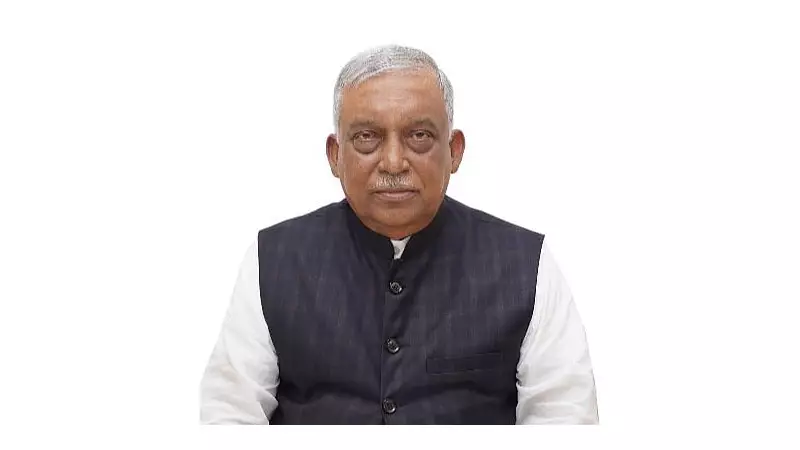
In a landmark verdict that has captured national attention, Bangladesh's International Crimes Tribunal has delivered a death sentence to former home minister Mohammad Kamal Uddin for committing crimes against humanity during the country's 1971 Liberation War. The verdict comes after years of legal proceedings and represents a significant moment in Bangladesh's ongoing reckoning with its violent past.
The Historic Verdict and Charges
The three-member tribunal panel, led by Justice Md Shahinur Islam, found the former minister guilty on multiple serious charges. The court convicted Kamal on five specific counts of crimes against humanity, including mass killing, torture, abduction, confinement, and looting that occurred in his native Kishoreganj district during the nine-month war that led to Bangladesh's independence from Pakistan.
According to the detailed judgment, the 72-year-old politician was actively involved with the local peace committee and Razakar force - paramilitary groups that collaborated with the Pakistani army. The tribunal heard extensive evidence about his direct participation in the atrocities that targeted unarmed civilians who supported the independence movement.
Legal Proceedings and Evidence
The legal process against Kamal began when prosecutors formally charged him in 2016. The case saw numerous hearings over several years, with the tribunal finally reserving judgment on September 25 after concluding arguments from both sides. The verdict was delivered on October 3, 2024, marking the culmination of an eight-year legal battle.
During the trial, the prosecution presented 17 witnesses who provided crucial testimony about Kamal's involvement in wartime atrocities. The evidence painted a disturbing picture of his activities during the liberation struggle, particularly his role in the persecution of individuals who supported Bangladesh's independence.
Interestingly, the defense also presented 17 witnesses in an attempt to counter the allegations. However, the tribunal found the prosecution's evidence more compelling and convincing, leading to the conviction on all major charges.
Broader Context and Implications
This verdict represents another significant chapter in Bangladesh's ongoing effort to address wartime crimes committed over five decades ago. The International Crimes Tribunal, established in 2010, has now delivered judgments in numerous cases involving individuals accused of atrocities during the 1971 war.
Kamal's political career saw him serve as home minister in the government of former Prime Minister Khaleda Zia from 2001 to 2006. His conviction adds to the growing list of prominent political figures who have faced accountability for their actions during the liberation war.
The timing of this verdict is particularly noteworthy as Bangladesh continues to grapple with the legacy of its violent birth. The tribunal's decision sends a strong message about the country's commitment to addressing historical injustices, even when they involve powerful political figures.
Human rights organizations and international observers have closely monitored the proceedings, with many viewing this as a test case for Bangladesh's judicial independence and its ability to handle sensitive historical cases involving high-profile individuals.
As with previous verdicts from the International Crimes Tribunal, this judgment is likely to be appealed to the Supreme Court of Bangladesh, meaning the legal process may continue for some time before a final resolution is reached.





